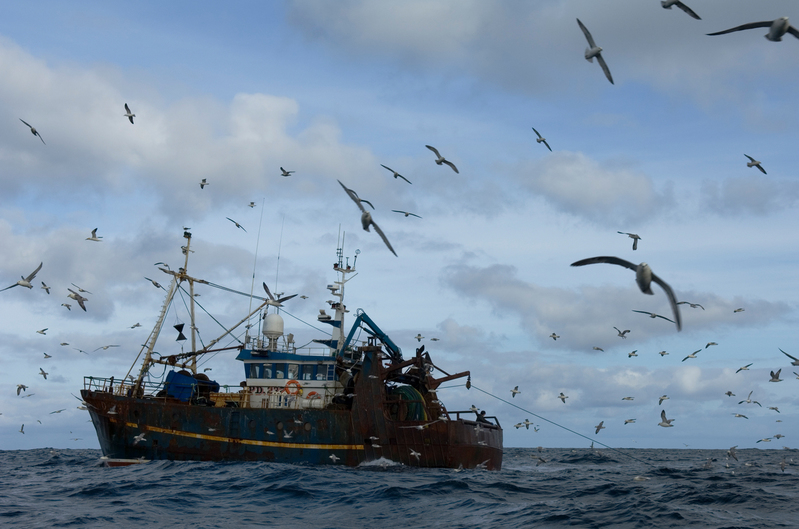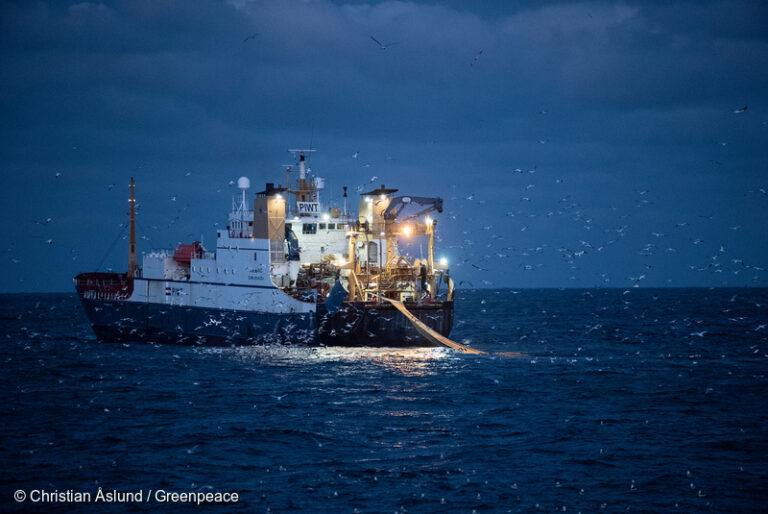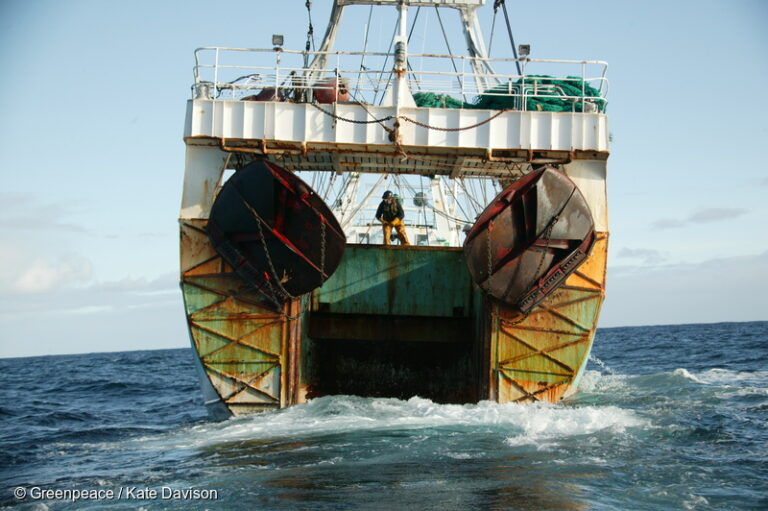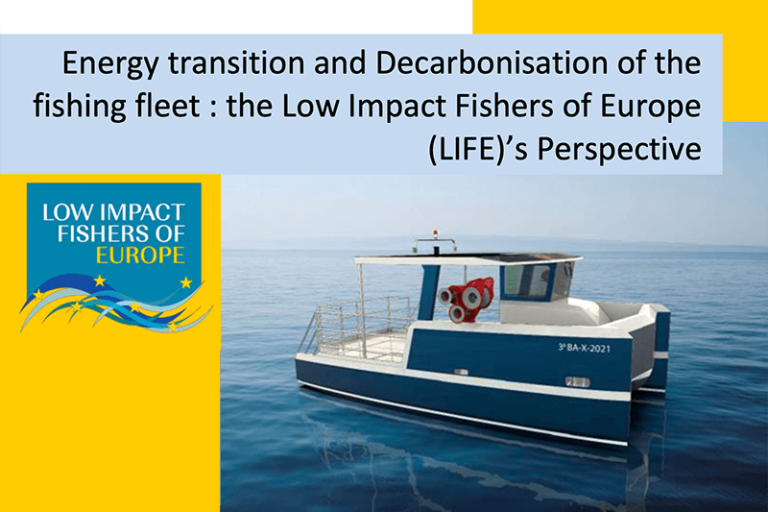
21 March, 2022: NGOs are calling for a rigorous plan to decarbonise the fishing sector and for the EU to stick to its commitments under the Green Deal, ahead of a meeting between AGRIFISH and the Commissioner for Environment, Oceans and Fisheries Virginijus Sinkevičius on March 21, in response to an emerging crisis in the EU fishing industry over increasing fuel prices.
“The European Commission and EU member states must steer away from fossil fuel subsidies and instead set a course that will take EU fisheries beyond environmental destruction towards a more resilient marine environment and fishing sector”, said Flaminia Tacconi, fisheries lawyer at ClientEarth. “Fossil fuels will always be vulnerable to price shocks and instability and fishers need a long-term solution to protect them from this.”
“Unlike for other sectors, such as agriculture and transport, the EU does not have a medium- or long-term plan for the EU fishing fleet to decarbonise”, said Rebecca Hubbard, Program Director of Our Fish. “With oil prices fluctuating and vulnerable to geopolitical uncertainty and disruption, the European Commission and member states must use the current crisis as an opportunity to wean the fishing sector off fuel subsidies and develop a transition plan to low carbon, low impact fishing once and for all”.
Download policy brief, which has been shared with AGRIFISH and European Commission officials.
Contact: Dave Walsh, Our Fish Communications Advisor, [email protected], +34 691 826 764
Diane Vandesmet, ClientEarth Strategic Communications Officer [email protected], +32 493412289





